Vauxhall Astra vs Volvo V60 - Differences and prices compared
Costs and Efficiency:
Price and efficiency are often the first things buyers look at. Here it becomes clear which model has the long-term edge – whether at the pump, the plug, or in purchase price.
Vauxhall Astra has a clearly advantage in terms of price – it starts at 25200 £, while the Volvo V60 costs 41600 £. That’s a price difference of around 16457 £.
Fuel consumption also shows a difference: Vauxhall Astra manages with 2.20 L and is therefore barely noticeable more efficient than the Volvo V60 with 2.40 L. The difference is about 0.20 L per 100 km.
As for range, the Vauxhall Astra performs convincingly better – achieving up to 419 km, about 327 km more than the Volvo V60.
Engine and Performance:
Power, torque and acceleration are the classic benchmarks for car enthusiasts – and here, some clear differences start to show.
When it comes to engine power, the Volvo V60 has a clearly edge – offering 455 HP compared to 225 HP. That’s roughly 230 HP more horsepower.
In acceleration from 0 to 100 km/h, the Volvo V60 is convincingly quicker – completing the sprint in 4.60 s, while the Vauxhall Astra takes 7.50 s. That’s about 2.90 s faster.
In terms of top speed, the Vauxhall Astra performs noticeable better – reaching 235 km/h, while the Volvo V60 tops out at 180 km/h. The difference is around 55 km/h.
There’s also a difference in torque: Volvo V60 pulls significantly stronger with 709 Nm compared to 360 Nm. That’s about 349 Nm difference.
Space and Everyday Use:
Whether family car or daily driver – which one offers more room, flexibility and comfort?
Seats: offers more seating capacity – vs .
In curb weight, Vauxhall Astra is clearly perceptible lighter – 1341 kg compared to 1734 kg. The difference is around 393 kg.
In terms of boot space, the Volvo V60 offers a bit more room – 519 L compared to 422 L. That’s a difference of about 97 L.
In maximum load capacity, the Volvo V60 performs minimal better – up to 1431 L, which is about 92 L more than the Vauxhall Astra.
When it comes to payload, Vauxhall Astra minimal takes the win – 509 kg compared to 506 kg. That’s a difference of about 3 kg.
Who comes out on top?
Overall, the Vauxhall Astra shows itself to be wins the duel decisively and secures the title of DriveDuel Champion.
It convinces with the more balanced overall package and proves to be the more versatile choice for everyday use.
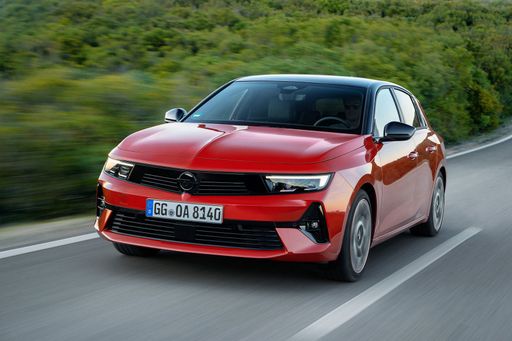 @ Opel / Stellantis Media
@ Opel / Stellantis Media
Vauxhall Astra
Costs and Consumption
View detailed analysis
Engine and Performance
View detailed analysis
Dimensions and Body
View detailed analysis
Vauxhall Astra
The Opel Astra strikes a neat balance between everyday practicality and engaging handling, so the daily grind suddenly feels a bit less dull. Inside it's intelligently packaged with modern kit and comfortable seating, making it a very sensible pick for buyers who want a dependable hatchback that doesn't take itself too seriously.
details @ Opel / Stellantis Media
@ Opel / Stellantis Media
 @ Opel / Stellantis Media
@ Opel / Stellantis Media
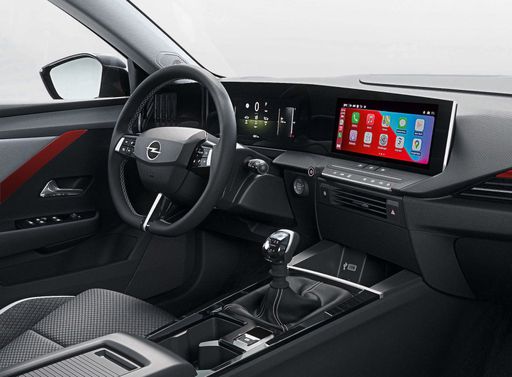 @ Opel / Stellantis Media
@ Opel / Stellantis Media
Volvo V60
The Volvo V60 blends elegant Scandinavian design with a practical estate layout, making it a composed and sensible choice for buyers who want style without sacrifice. Inside, a serene cabin, clever safety features and a supple ride turn daily commutes and weekend getaways into effortless, grown-up motoring.
details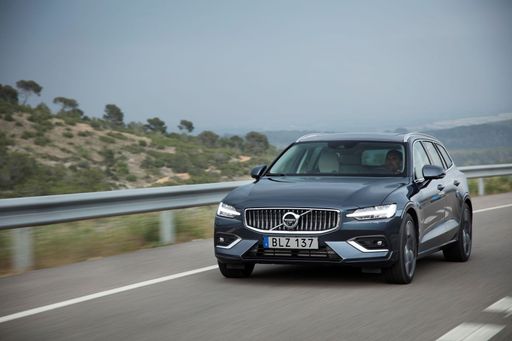 @ Volvo Cars
@ Volvo Cars
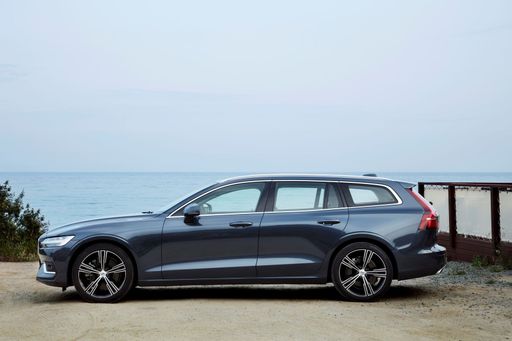 @ Volvo Cars
@ Volvo Cars
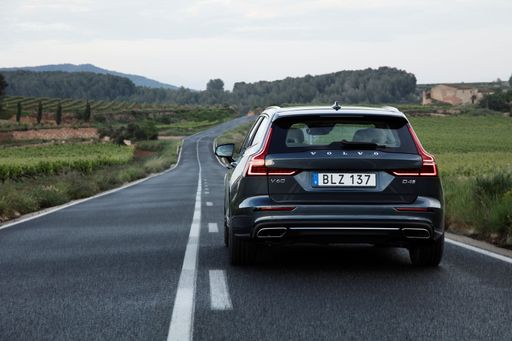 @ Volvo Cars
@ Volvo Cars
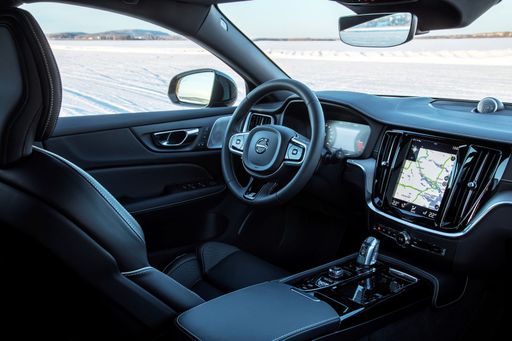 @ Volvo Cars
@ Volvo Cars
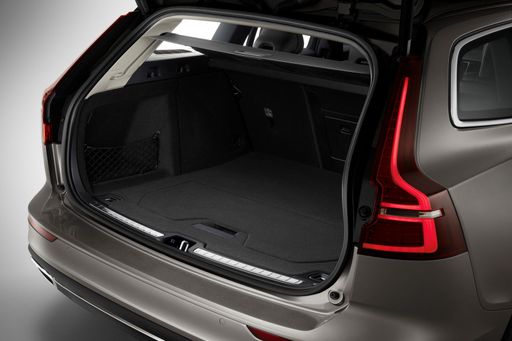 @ Volvo Cars
@ Volvo Cars
 @ Opel / Stellantis Media
@ Opel / Stellantis Media
|
 @ Volvo Cars
@ Volvo Cars
|
|
|
|
Costs and Consumption |
|
|---|---|
|
Price
25200 - 40500 £
|
Price
41600 - 64200 £
|
|
Consumption L/100km
2.2 - 6 L
|
Consumption L/100km
2.4 - 6.2 L
|
|
Consumption kWh/100km
15.40 kWh
|
Consumption kWh/100km
-
|
|
Electric Range
82 - 419 km
|
Electric Range
92 km
|
|
Battery Capacity
51 kWh
|
Battery Capacity
14.70 kWh
|
|
co2
0 - 135 g/km
|
co2
54 - 140 g/km
|
|
Fuel tank capacity
42 - 52 L
|
Fuel tank capacity
60 L
|
Dimensions and Body |
|
|---|---|
|
Body Type
Hatchback
|
Body Type
Estate
|
|
Seats
5
|
Seats
5
|
|
Doors
5
|
Doors
5
|
|
Curb weight
1341 - 1736 kg
|
Curb weight
1734 - 2064 kg
|
|
Trunk capacity
352 - 422 L
|
Trunk capacity
519 L
|
|
Length
4374 mm
|
Length
4778 mm
|
|
Width
1860 mm
|
Width
1850 mm
|
|
Height
1432 - 1488 mm
|
Height
1432 mm
|
|
Max trunk capacity
1268 - 1339 L
|
Max trunk capacity
1431 L
|
|
Payload
414 - 509 kg
|
Payload
466 - 506 kg
|
Engine and Performance |
|
|---|---|
|
Engine Type
Petrol, Diesel, Electric, Petrol MHEV, Plugin Hybrid
|
Engine Type
Petrol MHEV, Plugin Hybrid
|
|
Transmission
Manuel, Automatic
|
Transmission
Automatic
|
|
Transmission Detail
Manual Gearbox, Automatic Gearbox, Reduction Gearbox, Dual-Clutch Automatic
|
Transmission Detail
Dual-Clutch Automatic, Automatic Gearbox
|
|
Drive Type
Front-Wheel Drive
|
Drive Type
Front-Wheel Drive, All-Wheel Drive
|
|
Power HP
130 - 225 HP
|
Power HP
197 - 455 HP
|
|
Acceleration 0-100km/h
7.5 - 10.6 s
|
Acceleration 0-100km/h
4.6 - 7.6 s
|
|
Max Speed
170 - 235 km/h
|
Max Speed
180 km/h
|
|
Torque
230 - 360 Nm
|
Torque
300 - 709 Nm
|
|
Number of Cylinders
3 - 4
|
Number of Cylinders
4
|
|
Power kW
96 - 165 kW
|
Power kW
145 - 335 kW
|
|
Engine capacity
1199 - 1598 cm3
|
Engine capacity
1969 cm3
|
General |
|
|---|---|
|
Model Year
2023 - 2025
|
Model Year
2024 - 2025
|
|
CO2 Efficiency Class
D, A, C, B
|
CO2 Efficiency Class
E, B
|
|
Brand
Vauxhall
|
Brand
Volvo
|
What drive types are available for the Vauxhall Astra?
Available configurations include Front-Wheel Drive.
The prices and data displayed are estimates based on German list prices and may vary by country. This information is not legally binding.
